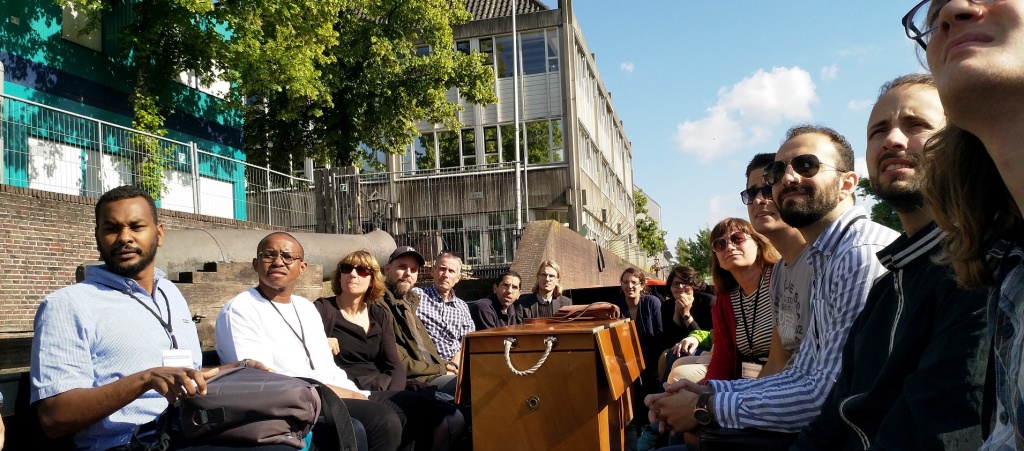
Participants were able to evaluate the courses by filling out the questioners at the end of the Summer School and judging by the answers, they were more than satisfied with what they`ve learned. Here are some of their impressions:
Highly engaging lecturers showing new ways to approach the problem!
It has been a pleasure and privilege to attend this Summer School!
Very good trainers approaching the phenomenon from four different angles, and crucially, all very comprehensible.
It is by far the best Summer School I attended!
I really enjoyed the diversity of approaches. Hopefully the next edition will keep up the standard!
Well organised, friendly lecturers!
The COST-ECA Summer School on Argumentation was held in Leiden from 20th to 22nd June 2019 and it was organized by COST APPLY action together with European Conference on Argumentation. Participants were mostly PhD students from European countries who’s professional interests are closely connected with argumentation studies. Participants had an opportunity to work with four trainers: Catarina Dutilh Novaes from the Free University of Amsterdam in Netherlands, Dale Hample from the University of Maryland in the USA, Steve Oswald from the University of Fribourg in Switzerland and Henrike Jansen, organiser of the Summer School from the Leiden University in Netherlands.
Since argumentation studies can be approached from many angels, every trainer introduced it from a different perspective: Catarina Dutilh Novaes introduced the epistemic angle raising the question on how is argumentation implicated in typical epistemic processes such as searching for knowledge and justification. During the course participants were discussing the building blocks of a social epistemological approach to argumentation.
In his course, Dale Hample concentrated not on an argumentative text but on the arguers, providing the participants with a view contrasted with those apparent in informal logic, pragma-dialectics, rhetoric, and discourse analysis. In his course, Dale Hample expressed another point of view: that it is also worthwhile to study the arguers themselves. Research showing what can be learned by study of arguers’ personality traits and orientations to interpersonal arguing is reviewed. An in-depth example of this approach concerns argument frames, a research project aimed at answering the question, “What do ordinary arguers think they are doing when they argue?”
Henrike Jansen introduced the pragma-dialectical perspective on argumentation dealing with the question on how the theoretical starting points found in Pragma-Dialectics can affect the analysis and evaluation of argumentative discourse. Participants analysed several examples of actual argumentative discourse learning that the ideal model of a critical discussion not only functions as a heuristic tool for the analysis of argumentation, but also as an instrument for the evaluation of argumentative discourse.
Steve Oswald addressed the relationship between comprehension and argumentation, and more specifically the relationship between pragmatic inference and argumentative inference. The course was divided into two parts: methodological, exploring the issues of significance for argumentation analysis introducing the model to work with and offering precise guidelines for argumentative reconstruction; in the second part, the issue of rhetorical effectiveness (or persuasiveness) was approached within the very same framework, discussing whether in a given context an argument is likely to persuade or not, given its linguistic wording and the assumed cognitive environment of its audience.
At the end of all the courses participants had a final assignment which was to analyse argumentative text and to present the results of their analysis. The best group was voted and winners were declared.

